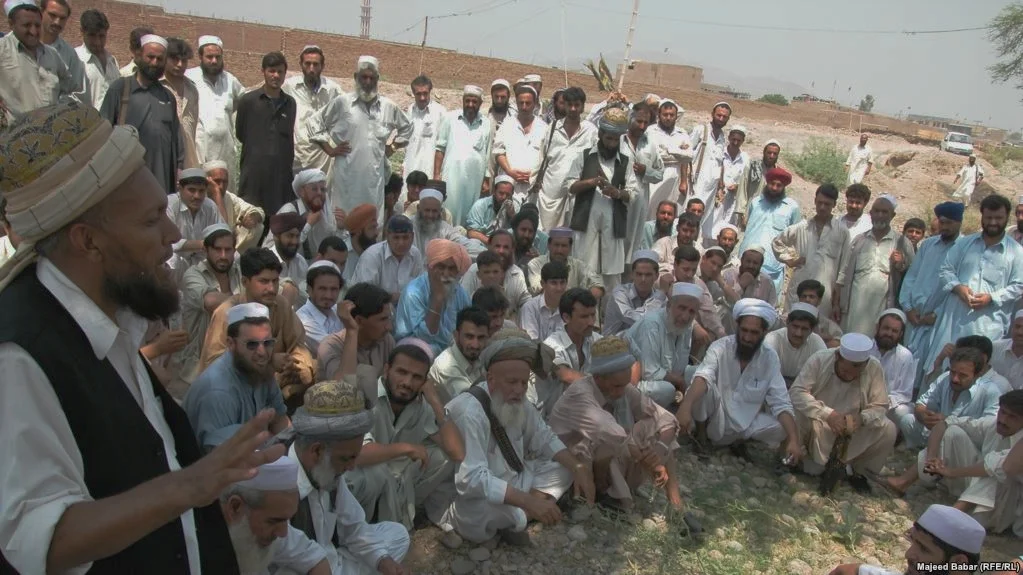Given the length of the conflict in that country, there is no shortage of literature covering America’s longest war. Yet, many works on the war in Afghanistan cover the accounts of military members and their tactical engagements. Sharifullah Dorani has written a short history of high-level U.S. policy making in Afghanistan. The book reviews the major decisions of the Bush, Obama, and Trump administrations. Dorani covers this well-tilled ground in an interesting, locally informed way and, unlike other works, brings it together in a single volume.
The Great Game Reinvigorated: Geopolitics, Afghanistan, and the importance of Pakistan
The return of great power geopolitics has transformed Afghanistan’s strategic circumstances, affecting both its future and the long-term interests of the United States. These conditions reinforce the enduring importance of Pakistan to America’s strategic flexibility, particularly in an era of renewed great power competition.
#Reviewing South Asia in 2020: What a 2002 Book About South Asia Can Teach Us Today
The relative strategic importance of Japan and India in Asia will shift considerably over the next decade and more, with India becoming more important and Japan less important. South Asia in 2020 shows we cannot predict the future perfectly, but if we take the time to assess the right trends and look forward, we might be able to grasp its contours.
A Peace Dilemma: Afghan Peace Talks Require a New Approach
The Case for AF-PAK Federally Administered Tribal Areas
The present center of gravity in Afghanistan is the Taliban subsystem of the greater Pashtun social system enabled by Pakistani elites. The insurgency is effectively wielding power to meet their independence and removal of foreign occupation objectives. Re-analyzing the critical factors and engaging the critical vulnerability of ineffective governance forces nonlinear change. Ineffective governance by all relevant actors is mitigated by transforming Afghanistan into a federal system of government with semi-autonomous areas. This includes political accommodation, ethnic nationalism, financial incentive structures, and power sharing.
Advocatus Diaboli: #Reviewing Red Team
Allocating resources to red teaming can be costly, access to necessary information can be frustrating, and the importance of the boss’s support is critical to the success of any alternative analysis team. If the boss does not support the red team, and is not open to the criticism uncovered by its analysis, it can be a fruitless endeavor. Zenko provides a handy roadmap to the mistakes of others as a guide to future organizations. In an arena where failure results in loss of life or treasure, Red Team will be a critical resource for leaders that want to give their organization the best chance at success.
Pakistan Catch-22: The Trouble With Wars in Landlocked Countries
Lemar Farhad recently wrote on the relationship of the Pakistani government and the Taliban in “Why Peace with the Taliban Is a Bad Idea”. In it he highlighted specific reasons why Pakistan has been aiding the Taliban against the current U.S. and NATO backed government in Afghanistan. This duplicitous stance by the Pakistan government, which is also our ally in the Global War on Terror, makes the goal of actually defeating the Taliban likely unattainable.








